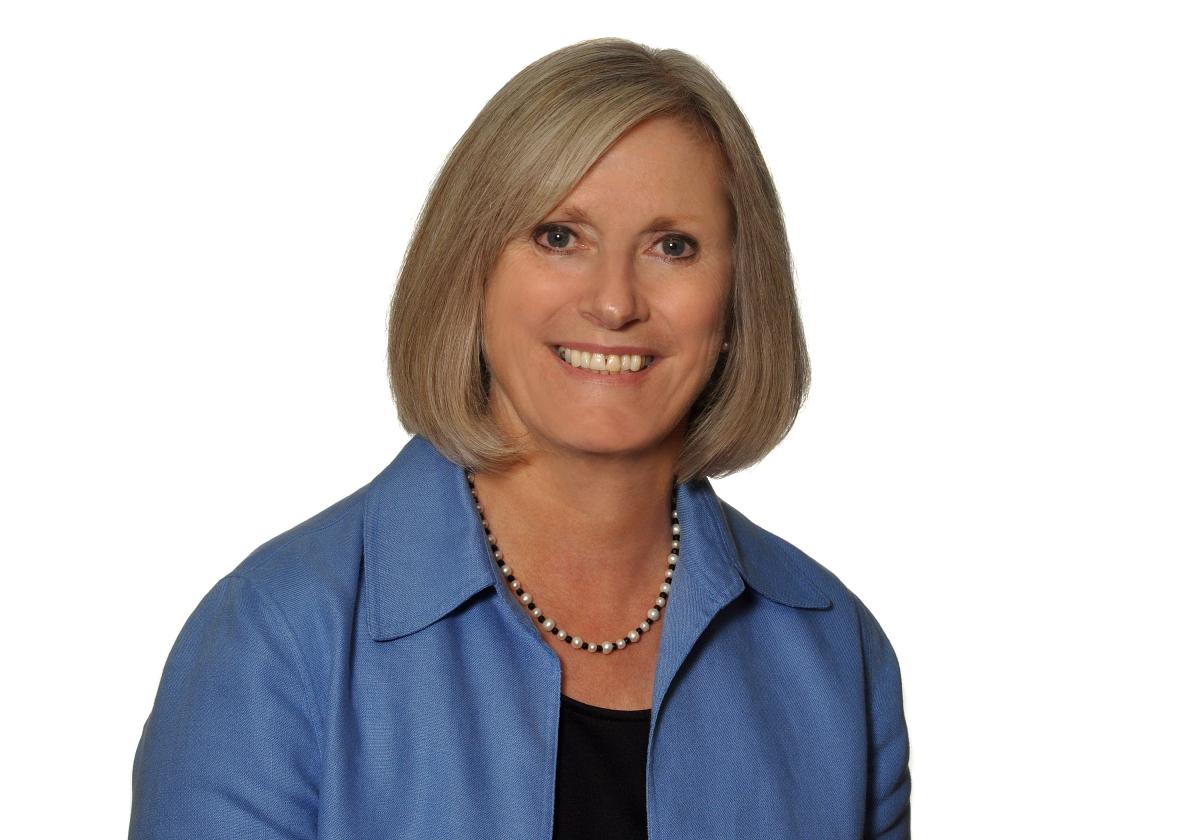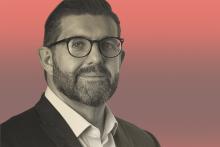Why are hedge funds the fastest growing asset class among family offices?

The multi-year trend of family offices taking on more risk continued in 2015, triggering a two percentage point increase in allocations to hedge funds, according to the second annual Global Family Office Report.
Data revealed that the average family office portfolio allocated approximately 9% to hedge funds in 2015, up from 7% the year before, making it the fastest growing asset class for the year.
The report also revealed that family offices invested approximately $73 million on average to hedge funds in 2014, primarily in long/short equity and global macro strategies, and found that they were particularly popular in North America and emerging markets.
Audrey Robinson, chief investment officer at Canadian multi-family office WaterStreet, has seen an increase in allocations to hedge funds in 2015, albeit one that is more modest than reported in the Global Family Office Report.
“The growth in hedge funds was only marginally higher than for developed market equities (1.8% vs 1.4%) and that the increases in each were still pretty modest,” she explains.
“If the increase is an explicit one (i.e. not market appreciation) then it may well be that family offices were adding to their long-short strategies as a protection against the long-only equity exposure. We have increased our use of a “protected beta” alternative strategy in our client portfolios over the last two years.”
The 25-year veteran of the Canadian investment industry believes the increased allocation to alternatives in Canada stems from lacklustre performance in her domestic market and the end of the commodity supercycle.
Yet she questions whether the drive towards alternatives in North America was caused by lesser returns in equities, and instead proposed that impetus south of the border was likely caused by market volatility brought about by seven years of artificially low interest rates.
 When asked about the strategies family offices are utilising with their hedge fund allocations, Robinson says there has been a greater push towards alternative credit strategies rather than long/short. She adds: “We have used a global macro trend following strategy with great success over the past few years – it has offered our clients almost negative correlation to the other strategies."
When asked about the strategies family offices are utilising with their hedge fund allocations, Robinson says there has been a greater push towards alternative credit strategies rather than long/short. She adds: “We have used a global macro trend following strategy with great success over the past few years – it has offered our clients almost negative correlation to the other strategies."
xxThe Global Family Office Report 2015xx found that investment horizons for hedge funds are typically between four to six years, and are often outsourced due to the specialist requirements and knowledge of hedge fund managers.
Robinson says she has two fundamental beliefs when it comes to time horizons for investments and questioned why any credible manager would set a time horizon for holding a strategy.
“Firstly, if you think about constructing a portfolio as having similarities to baking a cake, then you need to let the cake bake. Too often in my career I have seen investors tinkering with their portfolios because of a short-term orientation. To me this is like taking the cake out of the oven during the baking period to add new ingredients,” she explains.
“My second fundamental belief is that on-going due diligence is as important as the due diligence that led to the original decision to hire the manager or set up the strategy. Every investment strategy will have its challenging moments. The key is to understand why it is having a difficult time and be prepared to walk away if your on-going due diligence identifies a systemic issue,” she adds.
While the report found that return expectations varied due to manager expertise, it concluded that expectations among family offices averaged at approximately eight percent in 2014, and from seven percent for market neutral to 11% for funds specialising in distressed assets.
The report also found that hedge funds are still regarded with some scepticism among some in the family office community. One chief executive officer from a Middle Eastern single family office, who participated in the report anonymously, said: “I don't like hedge funds because of their risk profile and the way they operate in terms of a black box mentality”.
Stuart Rutherford, director of research at Campden Wealth, had some advice for family offices moving into the next financial year. “Hedge fund strategies employed by family offices are diversified, as seen across their whole portfolio. That being said, picking the right manager, with the right skills and risk-appetite for you is imperative,” he explains.
Robinson concluded by saying that the hedge fund asset class is likely to continue to offer low correlation returns to both long-only exposures and other alternative asset strategies. The report found that family offices remain bullish on their outlook for the asset class.






